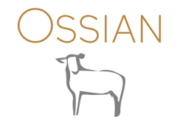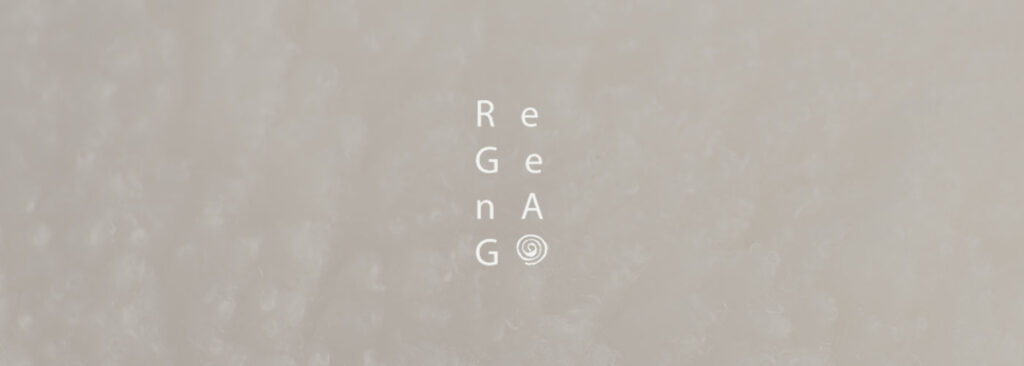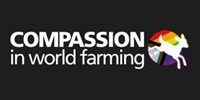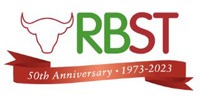British ancient and heritage sheep
20 of 20 Stages of the Evolution of British Wool Using Conservation Breeds in the Woollen Industry British ancient and heritage sheep can be used to regenerate the woollen industry in the UK. The aim for my future practice is to work with processors, spinners and the wool board to create sustainable yarns that will […]
British ancient and heritage sheep Read More »







